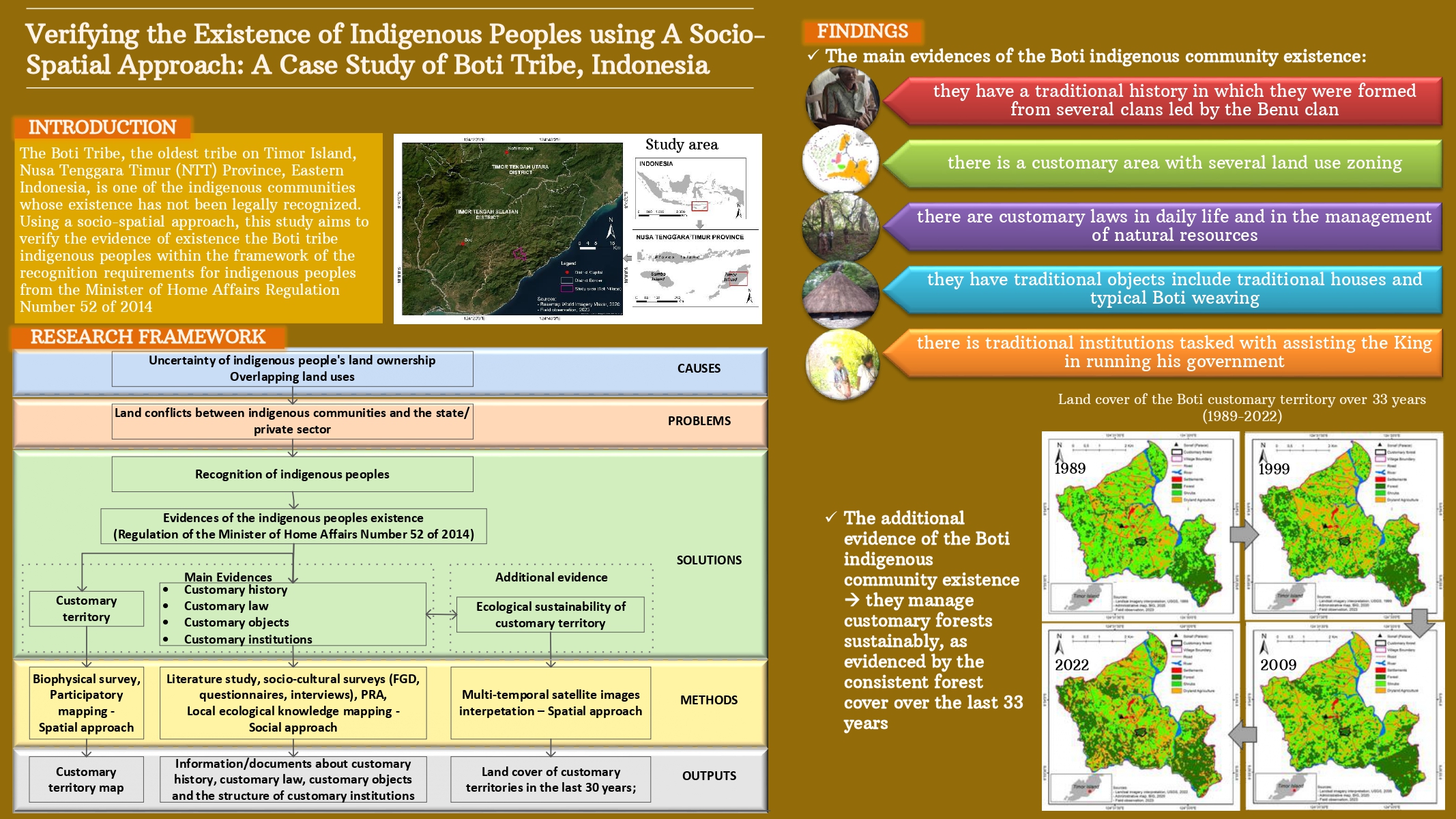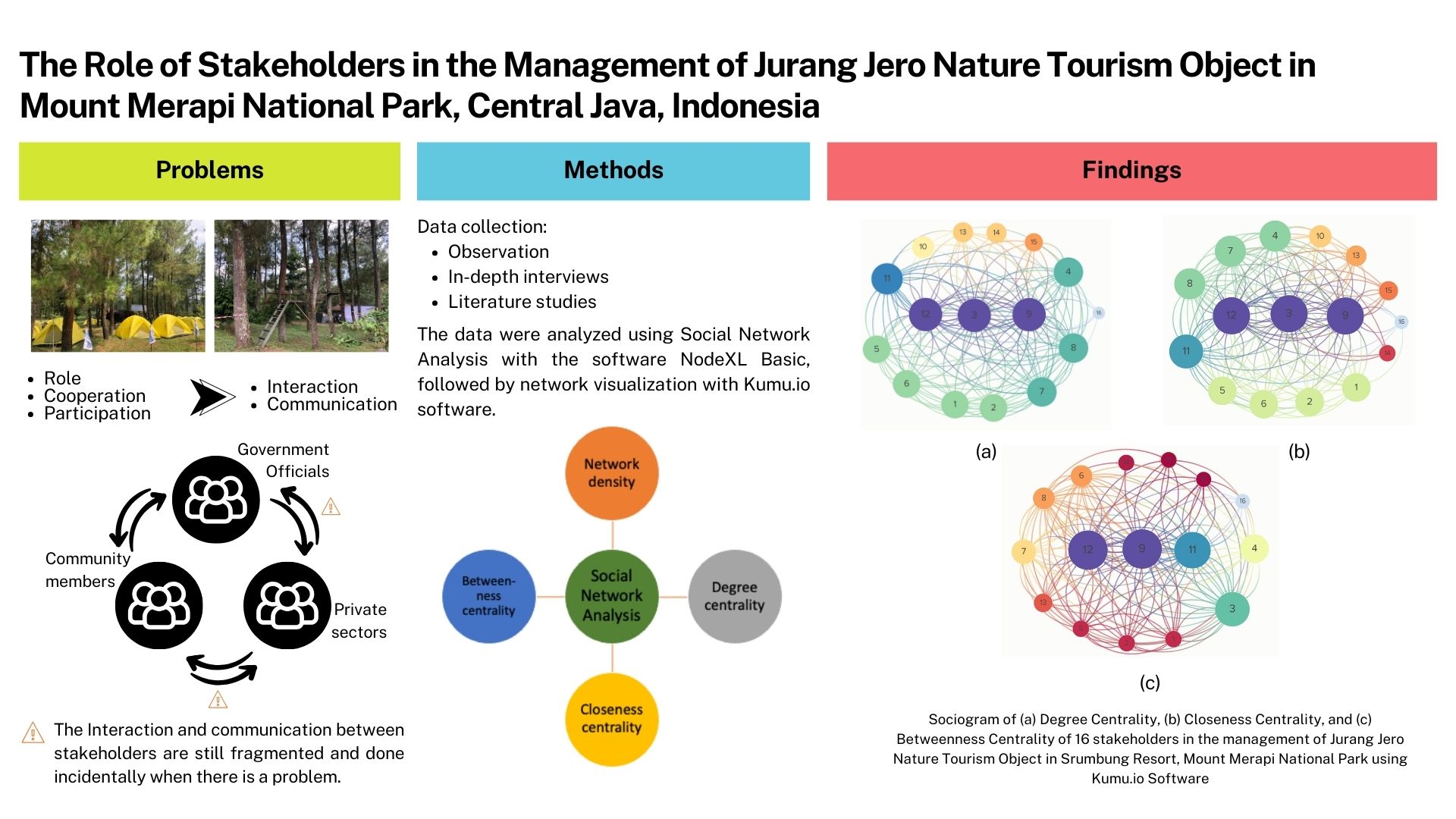Abstract
Furniture is a major export commodity in Indonesia with a total value of USD 1.96 million in 2007. Jepara District is one of the key location for wood furniture production with 15,271 furniture related business units employing 176,469 workers. However, inefficiencies and power imbalances throughout the furniture value chain have resulted in overharvesting and uneven distribution of gains among the industry’s actors. In contrast to price-setting international furniture retailers, small-scale producers enjoy the least value from their products. In order to increase added value and competitiveness, small-scale furniture producers have made efforts to upgrade by harnessing their social network and institutions. This paper describes small-scale furniture producers’ efforts to upgrade by utilising their social network and institutions in Jepara. Data was collected through in-depth interviews with members of the small-scale furniture producers’ association. The research provides insight into the nature of social networks and information flow and develops future scenarios to upgrade. The scenarios will not only benefit the furniture industry in Jepara, but may also be adopted for similar industries throughout Indonesia and the world, and potentially improve many people’s economies and livelihoods.




